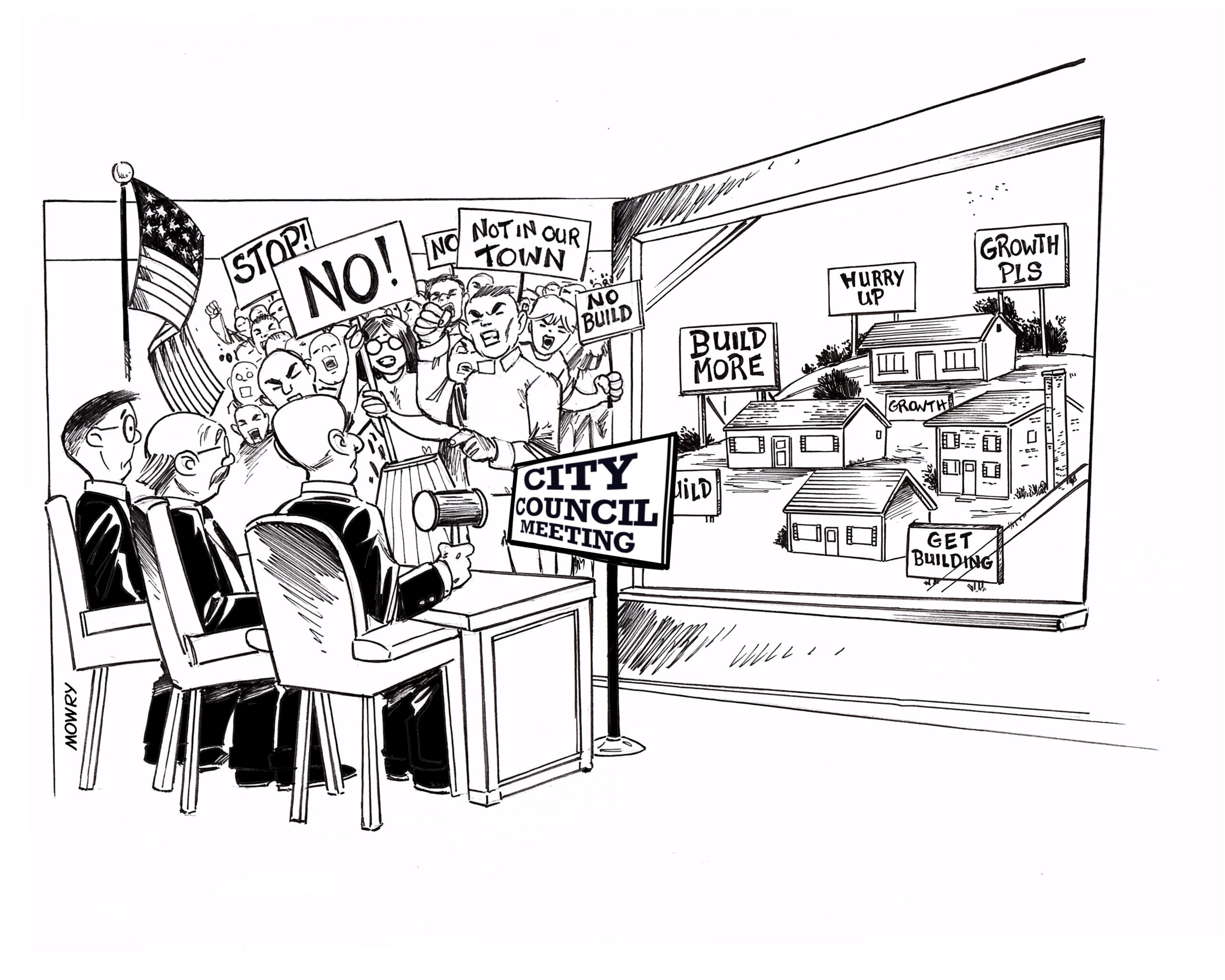Original article by Ali Osman Solak
This article explores how governance quality impacts the success of public-private partnerships (PPPs), focusing specifically on Turkey’s road infrastructure projects. Theoretically, well-structured PPPs offer benefits such as optimized risk allocation and increased efficiency. However, these outcomes depend heavily on robust governance frameworks that ensure transparency, accountability, and strong institutional safeguards. In environments with weak governance, PPPs can become vulnerable to manipulation, rent-seeking, and corruption, undermining their public interest goals.
Turkey has emerged as one of the world’s largest PPP markets, launching 272 projects across critical infrastructure sectors between 1986 and 2023. Road projects make up the largest portion, accounting for 33% of Turkey’s PPP investments. A significant 87% of these projects occurred under the Justice and Development Party (AKP) government, especially after 2010.
However, this period of rapid PPP expansion coincided with a notable decline in governance quality. During AKP’s rule, authoritarian tendencies grew, institutional checks and balances weakened, and crony capitalism flourished, favoring politically connected business groups. According to Transparency International’s Corruption Perception Index (CPI), Turkey’s ranking significantly worsened between 2010 and 2024, highlighting the growing governance challenges.


